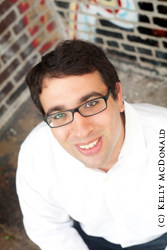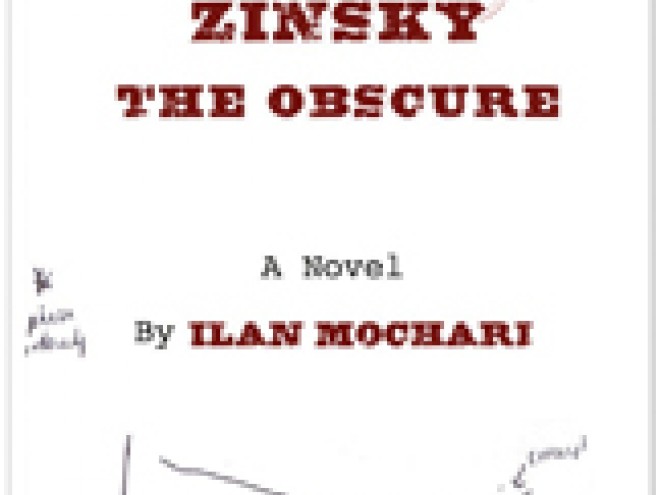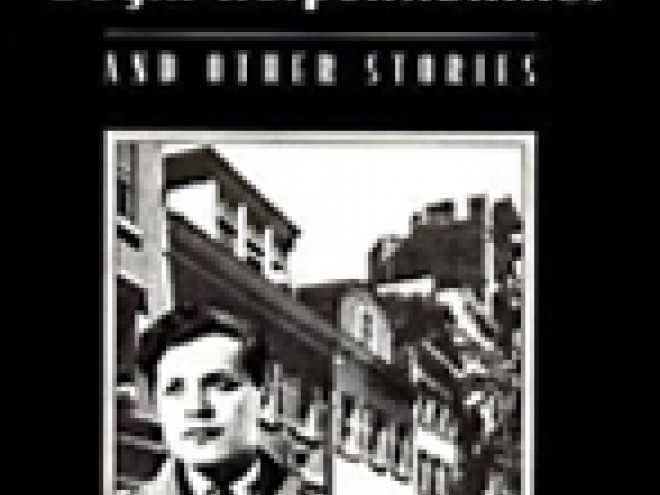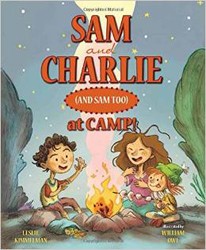Earlier this week, Ilan Mochari wrote about the autobiographical elements in his novel, Zinsky the Obscure (Fomite Press). He will be blogging here all week for Jewish Book Council and MyJewishLearning.
 A few months ago I finished Pete Townshend’s autobiography, Who I Am. I can’t say I was surprised to read the following:
A few months ago I finished Pete Townshend’s autobiography, Who I Am. I can’t say I was surprised to read the following:
“We shared our house with the Cass family, who lived upstairs and, like many of my parents’ closest friends, were Jewish. I remember noisy, joyous Passovers with a lot of Gefilte fish, chopped liver and the aroma of slow-roasting brisket” (11).
Why was I not surprised? As a lifelong fan of The Who, I’ve often felt there was something ineffably Jewish in their themes and melodies. I’m thinking in particular of the devotional litany from Tommy:
“Listening to you, I get the music / Gazing at you, I get the heat / Following you, I climb the mountain / I get excitement at your feet / Right behind you, I see the millions / On you, I see the glory / From you, I get opinions / From you, I get the story.”
In the way it builds, in the way it deifies, in the way it mounts and repeats, it has always reminded me of Ein Keloheinu and Adon Olam.
And here’s my confession: I like singing this part of Tommy. A lot. As in, every day. As if it’s a prayer I can’t live without. It owns me. Even though I’m a secular cat. Even though I’d hesitate to call myself spiritual.
I have often wondered why Tommy has such a grip on me. My best guess? I think it stems from my six summers at B’nai B’rith Perlman Camp in Starlight, Pennsylvania.
BBPC was a place where you could get in serious trouble — you’d get “docked” from canteen or a team sport, and you’d get a dozen “dead arms” from your counselor — if you didn’t sing with the proper levels of respect and passion. It didn’t matter what the song was. It might be the “Birkat Hamazon”; it might be “The Circle Game”; it might be your color war team’s anthem.
This mild form of cultural hazing left a mark. To this day, I get annoyed at Passover when not everyone is pulling his weight on “Echad Mi Yodea.” And I get annoyed at music shows when the lead vocalist isn’t “bringing it” with everything he has.
And it all has to do with the belief — cultivated at BBPC — that singing is not to be done in a half-assed manner. It doesn’t matter if it’s the Passover table or a stadium concert. Sing it like you mean it, or don’t sing at all.
That last sentence is The Who in general, and Tommy in particular.
And so here I am, more than 20 years past my summer camp days. I’m an adult who almost never goes to temple. For all intents and purposes, I’m an atheist. But when I sing songs from Tommy, I feel like I’m regaining a precious piece of my childhood puzzle. It might not be a piece that belongs, strictly speaking, to the Jewish tradition; but it belongs to a lesson that I first learned in a Jewish setting. It is a lesson about passion, and a lesson about effort. And it is a lesson that has stayed with me, ever since.
Ilan Mochari’s novel, Zinsky the Obscure (Fomite Press), is now available. He is Chief Writer for The Build Network and a contributor to Cognoscenti, the online magazine for Boston’s NPR News Station. Read more about Ilan here.



